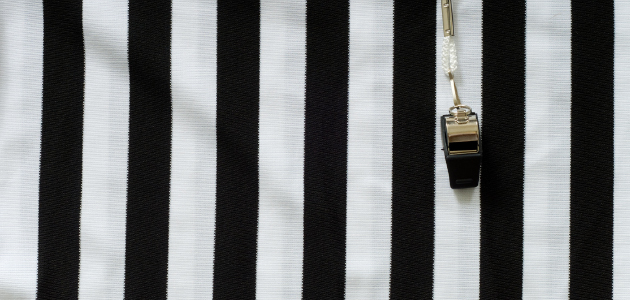Recently I received the following email:
“Since courts are so overwhelmed and setting dates for hearing is now running six months or longer, how does one do motions to compel further responses to interrogatories in a meaningful way? I booked the first available date with the court, but it is not until next June and I need the responses in order to know what documents to request. Any ideas?
It is unfortunate that the California budget crisis has so imploded civil litigation in our courts. Despite the fact that discovery is the heart and soul for your case and you are entitled to compliance with your discovery requests, law and motion departments typically give discovery motions the lowest priority on their calendar. So, what do you do?”
One answer is to have a discovery referee appointed. Parties can either stipulate to a discovery referee pursuant to C.C.P. §638 or make a motion pursuant to C.C.P. §639.
The powers of a discovery referee are limited to those granted by statutory authority and cannot be extended by a court order.
A. Discovery Matters
CRC 3.922(e) grants the discovery referee authority to set the date, time, and place for all hearings determined by the referee to be necessary, to direct the issuance of subpoenas, to preside over hearings, to take evidence and to rule on objections, motions, and other requests made during the course of the hearing.
B. Case Management Conferences
The Court of Appeal stated in Lu v. Superior Court (1997) 55 CA4th 1264, 1269 that the referee can “work with the attorneys in developing a discovery plan, scheduling discovery in the most efficient, rational and least oppressive manner.”
C. Law and Motion Matters Other Than Discovery
“The superior court has no power to assign matters to a Referee for decision without explicit statutory authorization.” Aetna Life Insurance Co. v. Superior Court (1986) 182 CA3d 431, 435-436.
D. Mediation
CRC 3.920 states, “A court must not use the reference procedure under Code of Civil Procedure Section 639 to appoint a person to conduct a mediation.”
A discovery referee can be expensive; however, if you do not get the discovery you are entitled that would enable you to evaluate and prepare your case for mediation, a motion for summary judgment or for trial, you are doing your client a disservice. Also, resolving discovery disputes tends to resolve the animosity in the case. With the animosity gone, the parties can have effective settlement negotiations.
About the author:
 Katherine Gallo, a BASF mediation panelist since 2010, is a renowned expert in complex discovery issues. Visit her discovery blog at www.resolvingdiscoverydisputes.com. Find out more about BASF’s Mediation Services at www.sfbar.org/mediation.
Katherine Gallo, a BASF mediation panelist since 2010, is a renowned expert in complex discovery issues. Visit her discovery blog at www.resolvingdiscoverydisputes.com. Find out more about BASF’s Mediation Services at www.sfbar.org/mediation.





